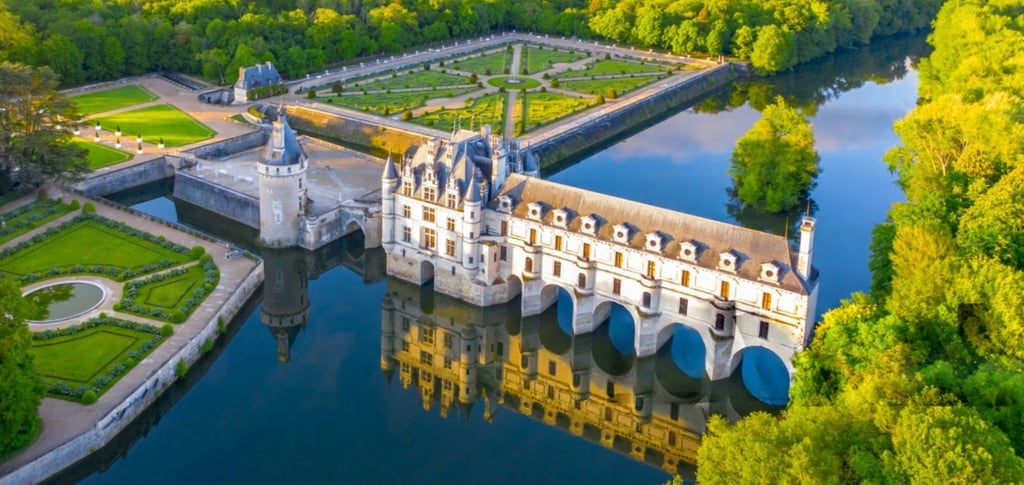Discover French Culture: Literature, Cinema, and Art to Boost Your Language Learning
Boost your French learning with literature, cinema, and art. Discover cultural resources and tips to improve your language skills and enjoy French culture.


Enrich Your French: How Literature, Cinema, and Art Can Transform Your Learning
Introduction
Learning French isn’t only about memorizing grammar rules or drilling vocabulary lists. One of the most effective—and enjoyable—ways to progress is by immersing yourself in French culture. Literature, cinema, and art not only expose you to authentic language but also help you understand the mindset, humor, and worldview of French speakers. By combining culture with study, you create a richer, more motivating path to fluency.
1. French Literature: Discover the Power of Words
French literature is a treasure chest for learners:
Start with the classics. Authors like Victor Hugo, Molière, or Balzac offer stories full of timeless human themes. Even if the language is advanced, reading excerpts or simplified editions builds vocabulary and appreciation for French style.
Explore modern voices. Writers such as Amélie Nothomb, Annie Ernaux (Nobel Prize winner), or Michel Houellebecq give you access to contemporary French language and culture. Their novels often deal with identity, globalization, and everyday life.
Practical tips for learners:
Begin with short stories, fables, or children’s literature—perfect stepping stones.
Keep a notebook for new words and expressions.
Read aloud to improve pronunciation and rhythm.
Reading not only improves comprehension but also introduces you to idiomatic turns of phrase that textbooks rarely cover.
2. French Cinema: Learn Through Storytelling
French cinema is known worldwide for its creativity and variety:
Watch the classics. Films like Amélie, La Haine, or Les Choristes are not only entertaining but also offer a window into French society and dialogue.
Discover modern hits. Recent films such as Intouchables or Portrait de la jeune fille en feu combine compelling stories with accessible, natural dialogue.
How to use films effectively:
Start with subtitles in French (not English). This trains your ear while reinforcing reading comprehension.
Rewatch short scenes to focus on accents, intonation, and colloquial phrases.
After viewing, write a short summary or review in French to consolidate learning.
Cinema also teaches you cultural nuances: humor, body language, and social dynamics—all essential for natural communication.
3. French Art and Art History: Visual Learning for Language
Art is another gateway to mastering French:
Explore French movements. Impressionism (Monet, Renoir), Cubism (Picasso, Braque), and contemporary art provide endless material for language practice.
Learn art vocabulary. Words like paysage (landscape), portrait, lumière (light), or abstrait (abstract) enrich your descriptive abilities.
Practical exercises:
Describe paintings aloud or in writing: colors, emotions, details.
Visit museums (or virtual tours) like the Louvre or Musée d’Orsay and take notes in French.
Create mini-presentations about an artist or artwork in French—great for speaking practice.
Describing visual art sharpens your ability to structure sentences and express opinions, two key skills for exams like DELF or TCF.
4. How to Combine Culture and Language Practice
Immersion becomes most effective when you actively integrate cultural material into your study routine:
Discuss in class or with a partner. Share your thoughts on books, films, or artworks in French.
Write reviews. A short paragraph about a novel or film pushes you to organize your vocabulary and use varied sentence structures.
Create themed vocabulary lists. For example, words related to literature (auteur, chapitre, roman), cinema (acteur, bande-annonce, dialogue), or art (toile, sculpture, exposition).
Use cultural content for exam prep. Oral exam topics often include culture and society, so your exposure can directly help in exams like DELF B2 or DALF C1.
Conclusion
French literature, cinema, and art are more than entertainment—they are tools to boost your fluency, cultural knowledge, and motivation. By reading, watching, and exploring French creativity, you make language learning immersive and authentic. Whether you’re preparing for an exam, traveling to France, or simply enriching your mind, engaging with culture will accelerate your progress and deepen your connection to the French-speaking world.